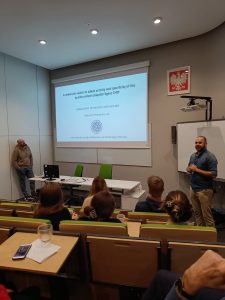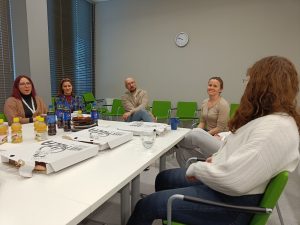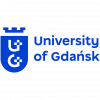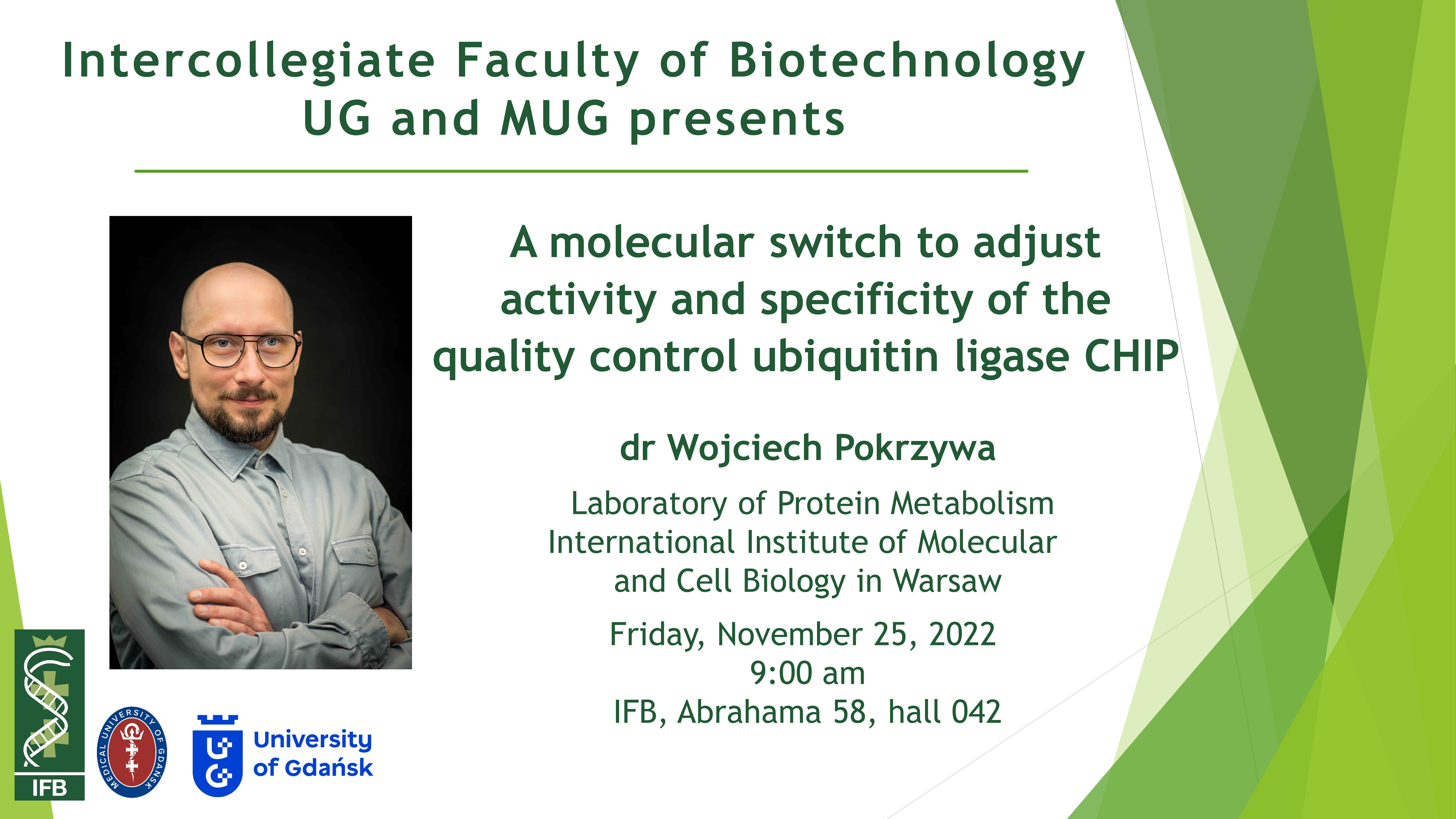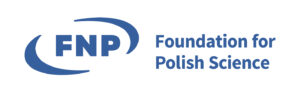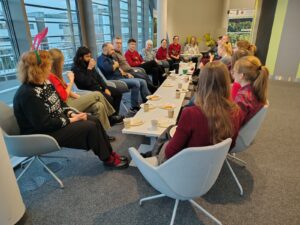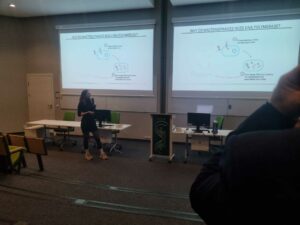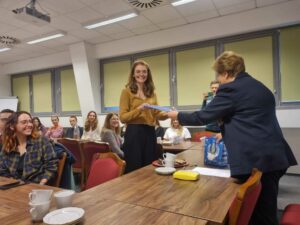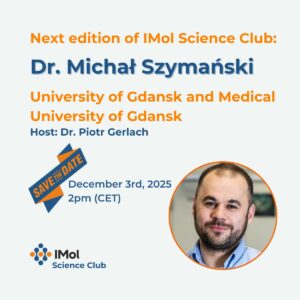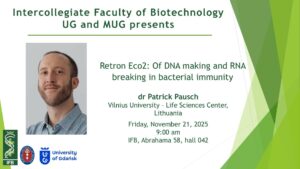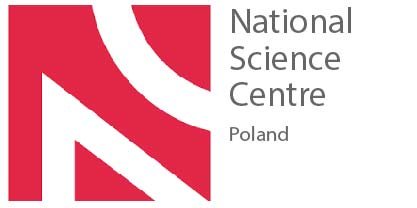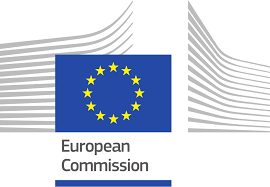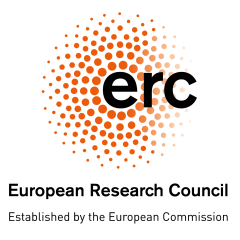On 25.11.22 we had a pleasure to host dr hab. Wojciech Pokrzywa and attended his very interesting lecturee. Wojciech is amolecular biologist heading the Laboratory of Protein Metabolism at the International Institute of Molecular and Cell Biology in Warsaw. His research focuses on the ubiquitin-proteasome system, chaperone network, regulation of translation, and muscular exophers in proteostasis. His laboratory uses a combination of biochemical, microscopic, molecular genetics, and bioinformatics techniques, supported by mammalian cell assays and the nematode Caenorhabditis elegans.
Wojciech received his first M.Sc. degree in Microbiology at the University of Wroclaw, Poland. Next, he moved to Belgium, where he obtained his second M.Sc. degree and his Ph.D. in Biological Engineering and Agronomic Sciences at the Catholic University of Louvain. He did his postdoctoral fellowship at the Cologne Excellence Cluster on Cellular Stress Responses in Aging-Associated Diseases (CECAD), University of Cologne, Germany, in the group of prof. Thorsten Hoppe, during which he published in, i.a., Cell, Cell Metabolism, Nature Communications, or Nature Structural & Molecular biology. Since 2017 he runs his own interdisciplinary research group at the International Institute of Molecular and Cell Biology in Warsaw and has already published several articles in journals such as EMBO Journal, EMBO reports, Molecular Cell, and Nature Communications.
Wojciech is an awardee of multiple national and European grants, many of which are for highly collaborative projects with Polish and international groups. He received OPUS, GRIEG, and SONATA BIS from the National Science Centre (Poland), FIRST TEAM from the Foundation for Polish Science, EMBO Installation Grant, and funding from the German Research Foundation (DFG) for the consortium project on mechanical stress protection. Wojciech is also a keen science popularizer – apart from conducting the lectures at the Festival of Science in Warsaw, he recently received a Social Responsibility of Science grant from the Ministry of Education and Science for developing an educational computer game about the mechanisms of protein degradation. In addition, Wojciech is also a successful mentor of early career researchers, as his Ph.D. students receive prestigious awards, including the PRELUDIUM grants from the National Science Centre (Poland) or Fulbright Junior Research Award.
